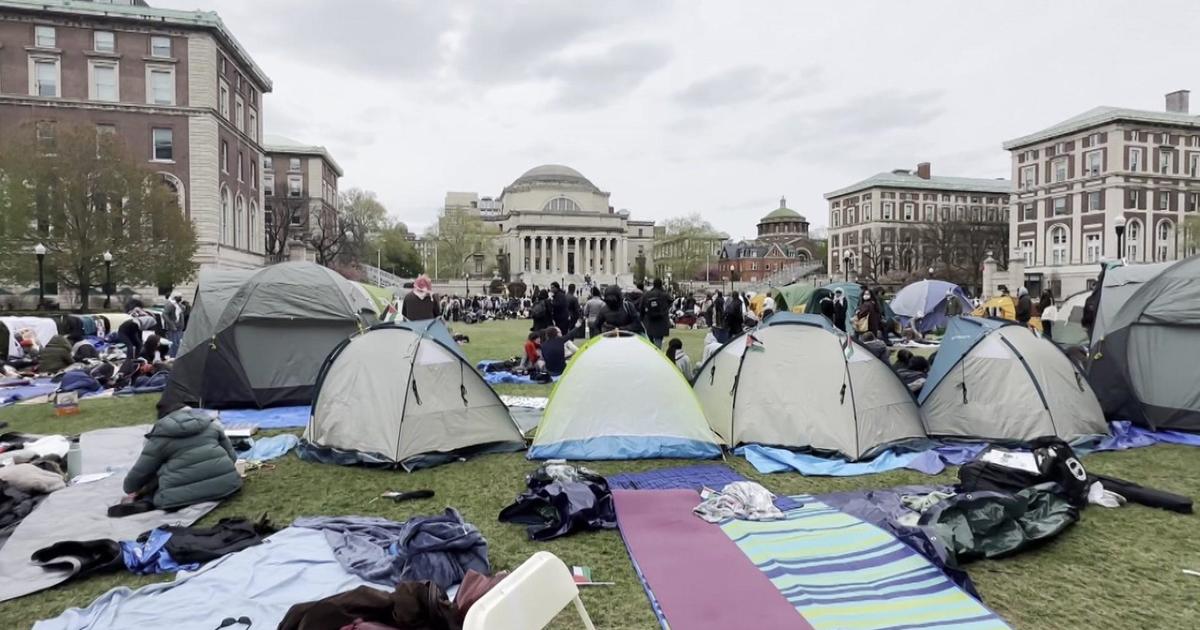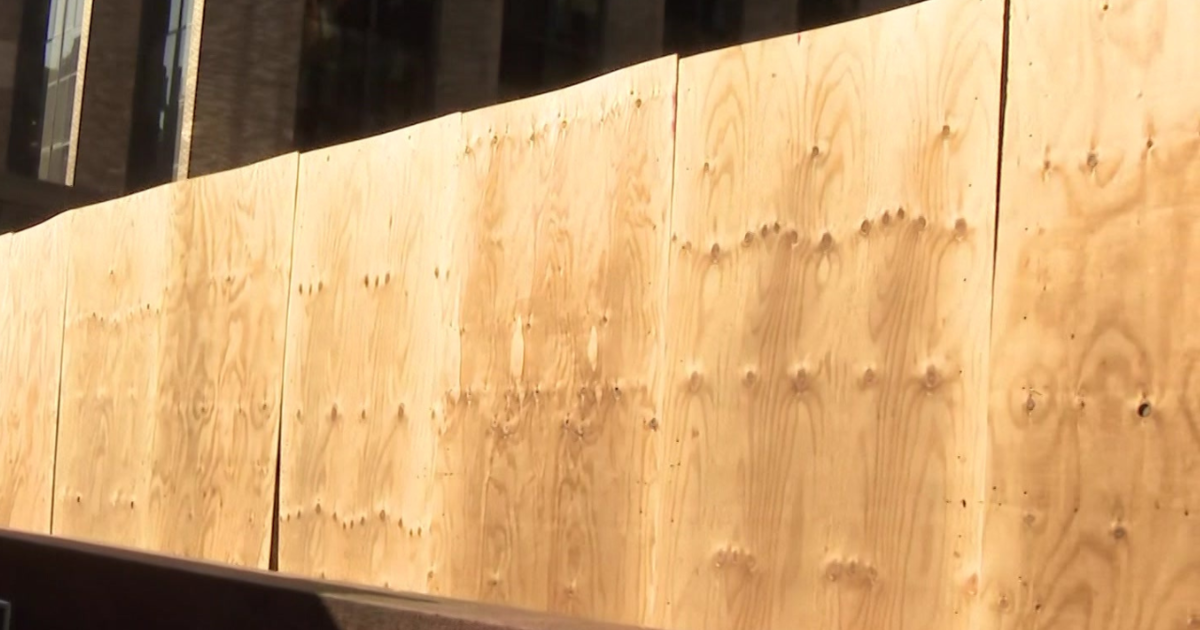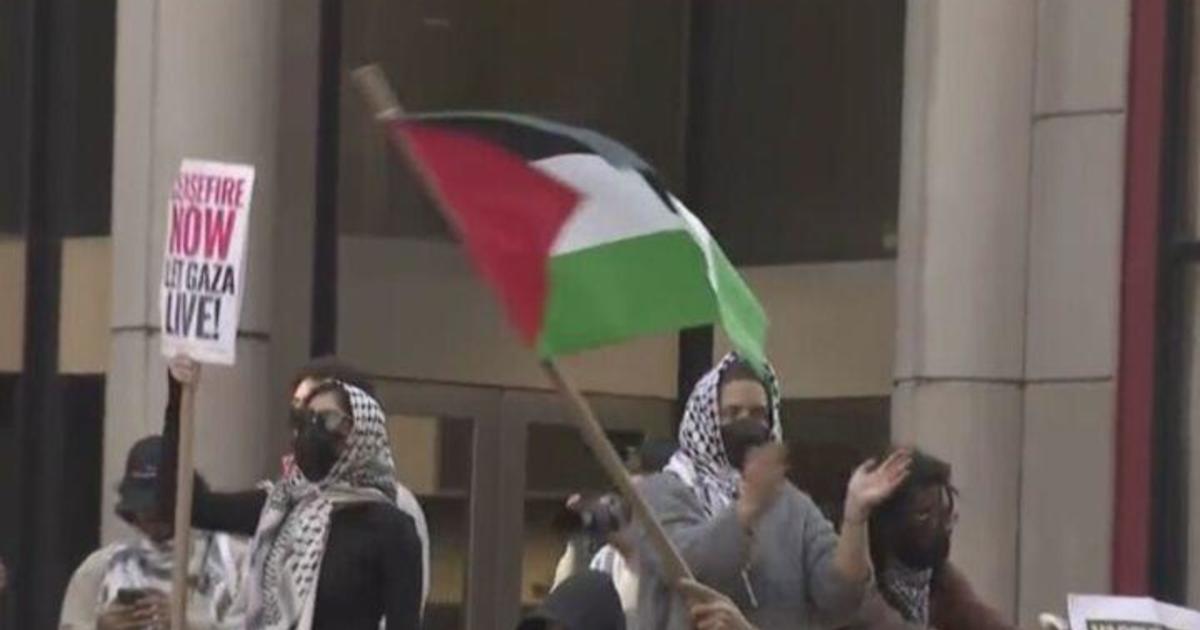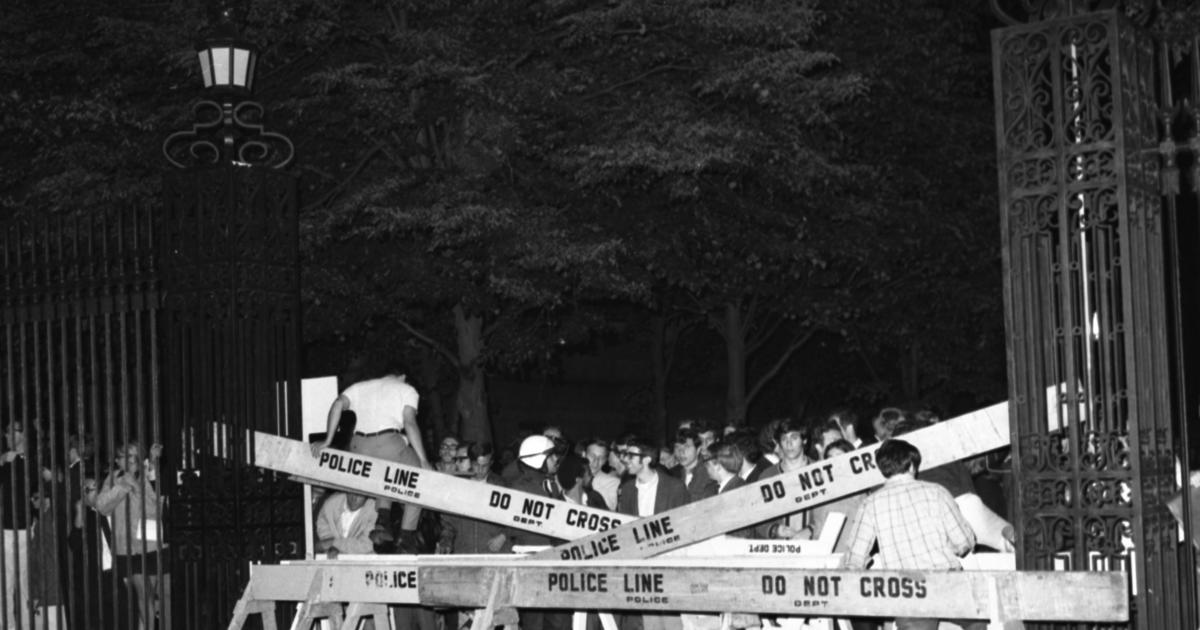Mayor De Blasio: 1st COVID Vaccines Will Go To High-Risk Hospital Workers, Nursing Homes
NEW YORK (CBSNewYork) -- A coronavirus vaccine is coming just as the country might need it most.
Wednesday brought more grim milestones as the U.S. surpassed 100,000 COVID hospitalizations -- the highest since the pandemic started.
According to Johns Hopkins University, Wednesday also saw 3,157 deaths -- the highest daily number reported so far.
On Thursday, Mayor Bill de Blasio said it's clear the second wave is upon us.
"Thank God, the cavalry is coming," the mayor told reporters Thursday.
WATCH: Mayor De Blasio Discusses COVID Vaccine Distribution
De Blasio said not only is New York still on track to get its first batch of vaccines by Dec. 15, he's also hoping the city will be a global leader in public health.
"Lead the world to the solutions that will protect us in the future," he said.
He announced the creation of a pandemic response institute dedicated to research and training based in Midtown, Manhattan.
Assuming the FDA approves the Pfizer vaccine, the mayor said priority will be given to hospital workers, along with nursing home patients and staff.
"What we all agree on is high-risk health care workers," he said.
MORE: First Doses Of Pfizer's COVID Vaccine Expected In New York On Dec. 15, Gov. Andrew Cuomo Says
Next in line for the shot will be essential workers, like police and firefighters. Then, immune compromised and high-risk adults, like 72-year-old Mohammad Zindeni, of Bensonhurst.
"Sooner is better," he told Dias.
"Yeah, I'm going to get it. Why not? Why not, if it's good?" Mill Basin resident Shlomo Kalderon added.
However, public trust remains a challenge and a concern.
"We have done our research and we're not a fan of vaccines," said Bensonhurst resident Miriam Abdel Fattah.
"We know there's been, unfortunately, a lot of misinformation about vaccines, but vaccines are going to be absolutely crucial to ending the coronavirus crisis once and for all," de Blasio said Thursday.
MORE FROM CBS NEW YORK
- Hundreds Of Protesters Show Up In Support Of Staten Island Bar Owner Who Refused To Follow Orange Zone Rules
- No Crowd, But Rock Center Christmas Tree Still Sight To See
- FBI On The Hunt For Brooklyn Rapper 'Casanova,' Says He's Member Of Violent Street Gang
The mayor was asked if the city had a contingency plan for how to distribute "leftover" doses, if people balk at getting the vaccine.
"I don't think we're going to have a leftover problem. I think we can say that. I think there's going to be, honestly, a tremendous need, tremendous interest," de Blasio said.
But while the city says it is well on its way to developing plans to distribute the vaccine fairly, including to the 27 communities hardest hit, there is some confusion as to exactly how many doses it will have available, CBS2's Marcia Kramer reported.
The city says it will get over 465,000 doses this month, including over 250,000 from Pfizer on Dec. 15 and over 211,000 from Moderna on Dec. 22.
The state says it will get 170,000 doses from Pfizer on Dec. 15 and another 170,000 doses 21 days later for the second dose that's required.
Vaccine distribution is handled by the state.
All this comes as Black leaders in New York City formed a task force to make sure the vaccine is readily available in the minority community.
"We want to identify, with specificity, those NYCHA community rooms, churches, mosques, and other places our people go so we don't have to drive a car, we don't have to go to a Walgreens to get a vaccine," The Rev. Al Sharpton said.
Meanwhile, health officials are expressing another concern -- the problem of making sure people return for the required second dose.
A spokesman for the mayor told Kramer that "New Yorkers should know that we will only distribute a vaccine that we have incredible confidence in."
It will likely take several months for the vaccines to reach every New Yorker who wants them, and distribution will be a daunting task.
"The Health Department, itself, has the ability to receive, store and ship up to 320,000 doses of ultra-cold -- that's at minus-80 degrees celsius -- as well as millions of frozen vaccines," New York City Health Commissioner Dr. Dave Chokshi said.
The city plans to set up temporary vaccine centers staffed by trained employees. Many will be located at schools.
Patients will need to be symptom-free and make an appointment.
"This is a marathon, not a sprint, and there is a long, long road ahead of us," Dr. Chokshi said.
It's estimated a third of Americans could be vaccinated by the beginning of March.
CORONAVIRUS PANDEMIC
- Explanation Of N.Y.'s Yellow, Orange, Red Zones (.pdf)
- Find A COVID-19 Testing Site Near You In NYC
- Check NYC Testing Line Wait Times
- Resources: Unemployment, Hunger, Mental Health & More
- Remote Learning Tools For Parents Teaching At Home
- Health Experts Stress Need To Fight 'Mask Exhaustion'
- CBS2's Dr. Max Answers Your Health Questions
- Complete Coronavirus Coverage



